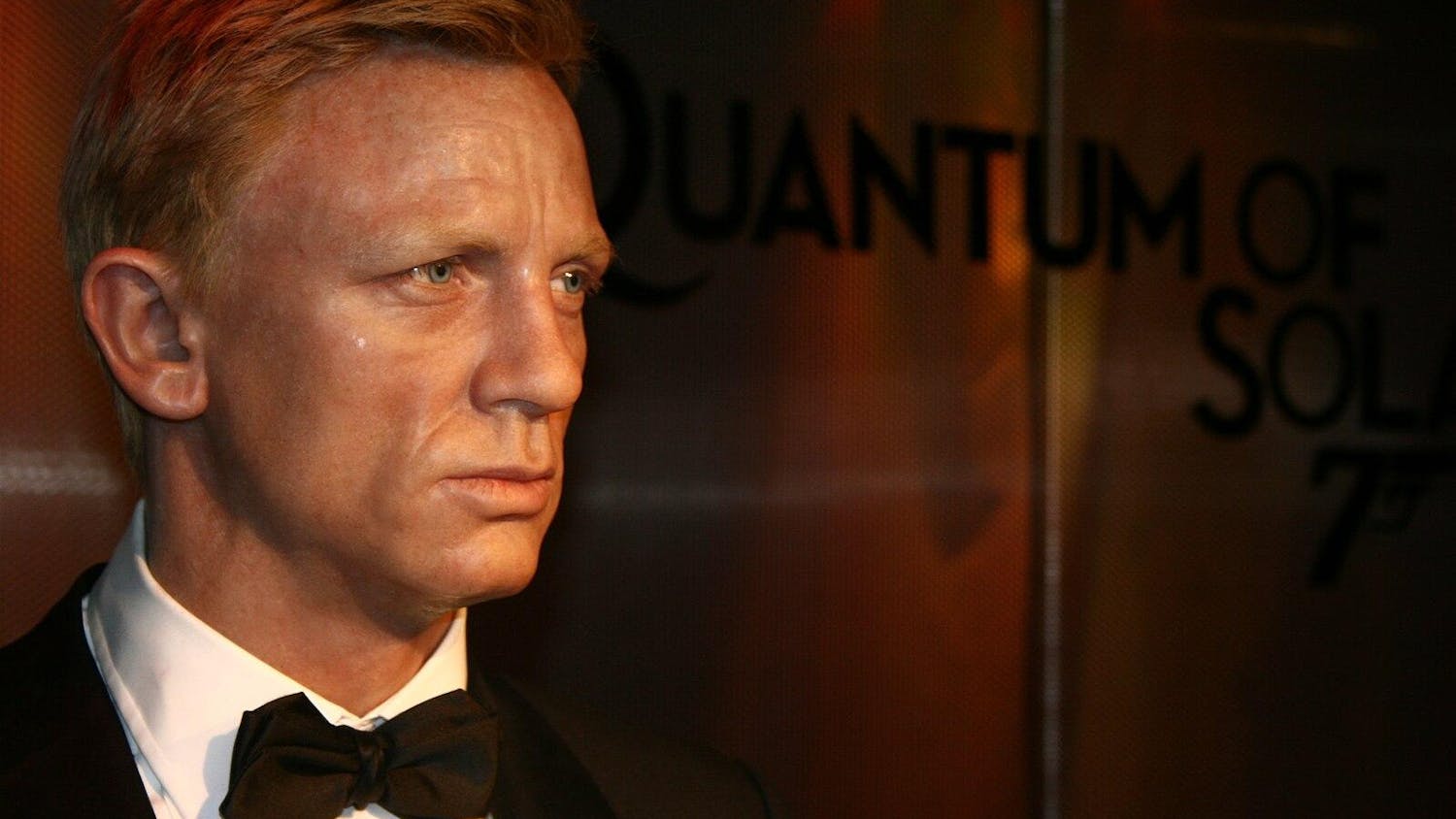Less than a year after their previous offering, Eels return with "Tomorrow Morning" (2010), the final piece in a trilogy of concept albums. Their most recent effort is the musical sequel to "End Times" (2010), the dark middle chapter in the trilogy that began with "Hombre Lobo" in 2009. The latest album by this alternative band has a far brighter and more positive theme, but while it is occasionally rewarding, the album as a whole is actually the weakest of the bunch. New arrangements and a broader use of electronic instruments do little to liven up an album that, despite the presence of a few great moments, tends to lag.
This is the fastest Eels has ever released a new album and, unfortunately, it shows; it ends up sounding rushed. Many of the tracks are simple, repetitive and a little unrewarding. Although front man Mark Everett employs strings, electronic arrangements and other studio tricks to liven up the experience and put a new spin on the music, the album still feels lackluster. The first two tracks establish this newer, lighter tone that the music and lyrics share, but they lack the immediacy and punch needed to start the album.
Fans of Eels will be well aware of Everett's usually dark, mournful or otherwise depressing lyrics, but "Tomorrow Morning" is, thematically, a stark departure from this norm. Just the title of the first song, "In Gratitude for this Magnificent Day," immediately establishes a new mood, but while it's nice to get a change of pace from the normally dour Everett, happiness simply isn't as interesting an emotion. Of course, happy, upbeat songs can still be artistically intriguing, but this concept album devoted to optimism and brighter moods wears itself out pretty quickly.
After its rocky beginning, though, the album does pick up. "What I Have to Offer" makes concise use of string arrangement to great effect, adding flavorful punctuation to the rhythm guitar's chords. Another guitar in the background uses heavy reverb to add to the ambiance, reinforcing a more somber mood to the music that works as a contrast to the otherwise brighter themes present throughout the record.
Other standout tracks include "Oh So Lovely," which also makes good use of its unorthodox arrangement to add some vitality to the record, and "Looking Up," in which the band uses tambourines, hand claps and a bouncing piano to lend a gospel feeling that helps set it apart from other tracks and give the song a much-needed injection of energy.
Finally, "Mystery of Life," the closing track, is another excellent effort. It begins with a simple guitar riff but builds up with many interesting textures and melodies. A more laid-back verse erupts into a high-energy chorus layered with numerous vocals and electronic sounds. It's the perfect synthesis of all the new directions Eels took with "Tomorrow Morning" and a great way to end the album.
Unfortunately, songs like "Mystery of Life" ultimately make the rest of the album appear even worse by comparison, and much of the music seems like filler around the few standouts. Despite displaying a knack for alternative and interesting songwriting on some tracks, Everett has a habit of looping together a couple simple riffs for the entirety of a song, which comes off as lazy and monotonous.
Surprisingly, the songs that did not make the cut for the album are some of the best. The Deluxe Edition from iTunes contains four bonus tracks that would have all been stellar additions and are well worth the extra money. Fans of alternative music or Everett's raspy lyrics will probably enjoy parts of "Tomorrow Morning," but unfortunately, the album is too much of a rocky road to fully recommend.





